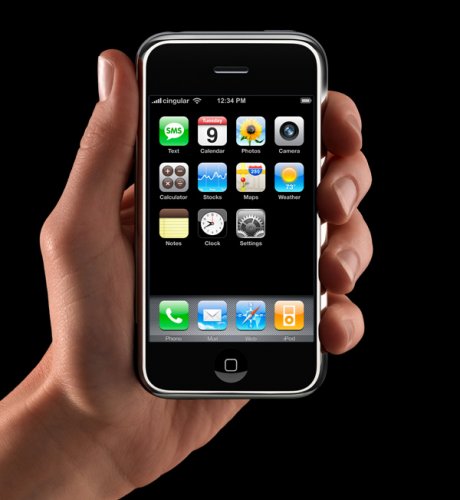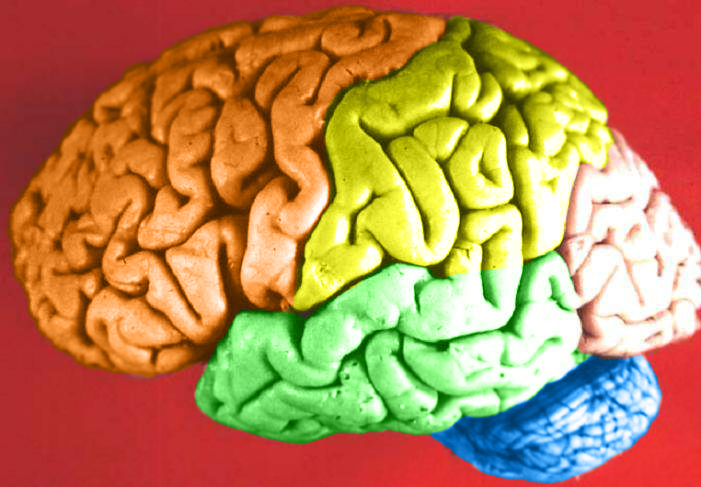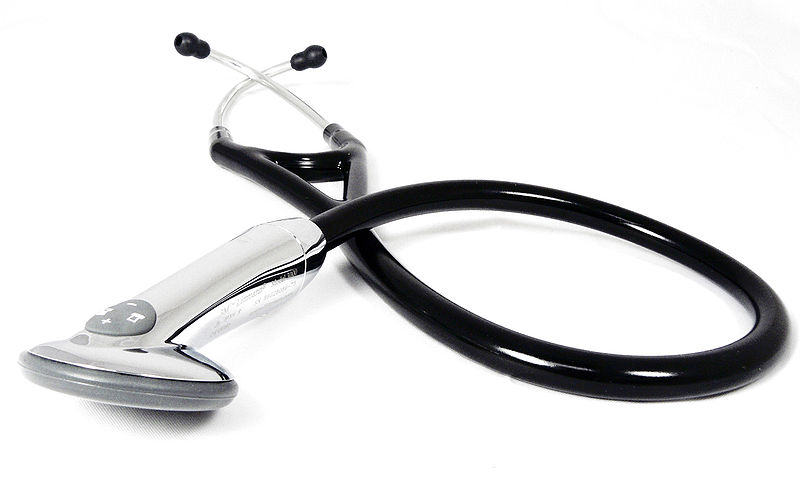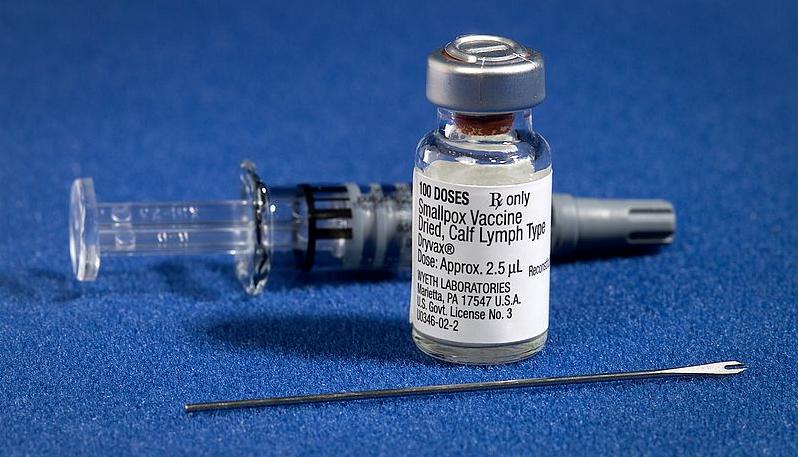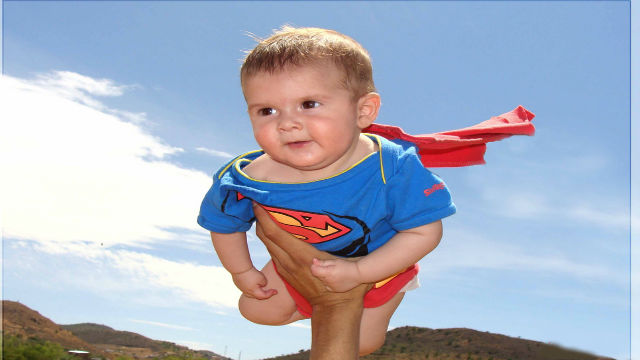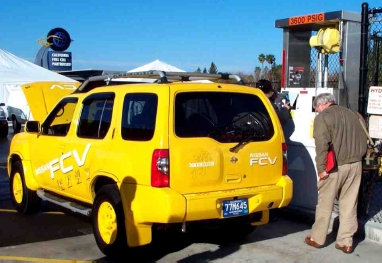Surprising Science
All Stories
How do you bring technology to countries underserved by the Internet and other tech the U.S. takes for granted? An SMS social network & a slate that converts handwriting to data.
What are five disruptive cleantech innovations that could enable large-scale change? 3D printing, energy harvesting, energy storage, fuel cell technology, and smart meters.
Light field technology is the key to a new camera allowing you to be re-focus images minutes, days or even years after the shot, or to view them in 3D.
The prototype of a hydrogen fuel cell tram has been built in Spain. The emission-free tram can carry 20-30 passengers at up to 20 kmh and should enter service next year.
In his book Blind Spots, Professor Max Bazerman of Harvard Business School argues that the Challenger fiasco exploited inconsistencies in the decision-making mechanisms of the brain.
The world’s first spaceport was officially inaugurated in New Mexico last week. It will be used primarily by Richard Branson’s Virgin Galactic to carry tourists into sub-orbital space.
Climate change poses ‘an immediate, growing and grave threat’ to health and security around the world, said doctors, academics and military experts at a conference in London.
Every Wednesday, Michio Kaku will be answering reader questions about physics and futuristic science. If you have a question for Dr. Kaku, just post it in the comments section below and check back on Wednesdays to see if he answers it.
Finding out that Facebook still tracks them when logged out has driven many users to use the Google Chrome extension Disconnect to help protect their privacy.
Ford is installing a feature in its new vehicles—and many of its older ones—that uses its voice-activated technology to read text messages out loud.
A string of new studies suggests that the modern chase after happiness—and even happiness itself—can hurt us. Happy, it turns out, is not always the way you want to be.
Donating your brain to science is no easy decision. After consent is given, interviews are held at the donor’s home in order to gather information on their mental functioning during life.
It’s not always best to be polite. Steering around the truth to spare someone’s feelings can cause confusion and even have dire consequences when a person’s safety is at risk.
New technology could make it easier to monitor and design vaccines against H.I.V. by monitoring how T-cells, key components of the immune system, react to new drugs.
How is it that in our search for individuality we all end up in the same place, chasing the same trends while drinking the same drink while staring at the same app on the same phone.
Legendary biologist E.O. Wilson has been a pioneer in his field for decades. Now is working on an interactive textbook which he estimates may revolutionize how students learn.
According to Princeton Neuroscientist Sam Wang, co-author with Sandra Aamodt of Welcome to Your Child’s Brain, the benefits of bilingualism go far beyond the ability to order convincingly at Maxim’s in Paris, or to read Dostoevsky in the original.
New online exchanges aim to turn computer capacity into a globally traded commodity. Already there’s a new crop of startup companies called “cloud brokerages.”
Nissan is said to be working on a charger that could juice up an EV in just 10 minutes. It’s the kind of thing that could move EVs from the fringe squarely into the mainstream.
Five tech breakthroughs helping level the playing field in developing countries: inexpensive tablets, laptops, and mobile phones; affordable solar panels and nanotech toilets.
When news hit the press that some tiny bits of matter traveled faster than light speed, scientists decried the results and the public erupted in speculation. Is that good science?
American, British and Russian exploration teams are racing to make first contact with long-lost lakes deep beneath Antarctica’s ice in search of new life forms and climate change data.
Using the powerful Herschel Space Telescope, scientists have found evidence that the water in Earth’s oceans could have been delivered by comets rather than asteroids.
For the moment, the U.S. has cornered the market on drone warfare. But this won’t last forever. What will conflict look like when warring countries fight each other with drones?
Evidence shows that heavy alcohol use modifies the structure and physiology of the brain, although the extent of recovery after years of abstinence is remains uncertain.
Ever wonder why some people seem completely spaced out? It turns out half the normal population has a fold in the brain that makes their memories significantly less accurate.
Metaphor is extremely powerful: By washing, people can remove a sense of immorality, unlucky feelings or doubt about a decision, say University of Michigan psychologists.
Education isn’t magic. It is the wisdom wrung from failure. People learn how to get it right by getting it wrong again and again. But why do some people learn faster than others?
Having concluded that screening does not save lives, the U.S. Preventive Services Task Force will recommend that healthy men forgo being screened with the familiar PSA blood test.
The human papillomavirus (HPV) causes more instances of throat cancer in men than smoking, according to a study published in the Journal of Clinical Oncology.









